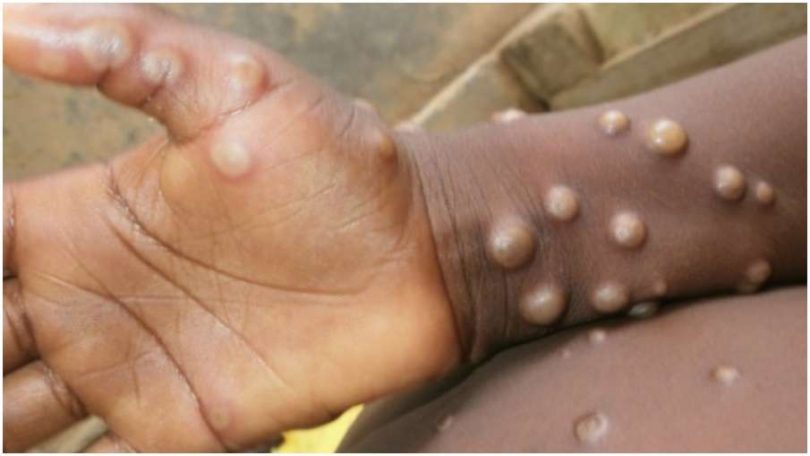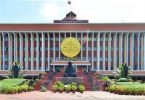Strengthening surveillance by forming rapid response teams and keeping ready dedicated isolation facilities were among the measures discussed in an emergency review meeting on monkeypox called by the Union health ministry after a case was confirmed in the national Capital on Sunday, people familiar with the development said.
“Mostly preventive and containment measures and clinical management were discussed during the review. It is also to be ensured that all contacts are tracked and monitored,” said a senior government official, requesting anonymity. “There is nothing to panic as of now. The government is fully prepared to deal with the situation.”
While the health ministry did not formally disclose the contents of the meeting, which was scheduled at 3pm, it issued a statement on Sunday morning confirming a fourth monkeypox case in the country that was reported from Delhi. The other three cases were reported from Kerala.
“A 34-year-old male resident of Delhi was isolated at Lok Nayak Hospital as a suspected case of monkeypox. A confirmation of the diagnosis has been done by National Institute of Virology (NIV), Pune,” the health ministry said in a statement. “The close contacts of the case have been identified and kept under quarantine as per the MoHFW guidelines. Further public health interventions like identification of the source of infection, enhanced contact tracing, testing sensitisation of private practitioners etc. are being carried out.”
It also informed about the meeting in the statement. “A high-level review of the situation has been planned by DGHS at 3pm today (Sunday),” read the statement.
Earlier, the ministry issued detailed guidelines to states for prevention and containment, while urging citizens to avoid contact with sick people and dead or wild animals. It also urged people to visit the nearest health facility if they come in contact with a monkeypox-affected person or visit an area inhabited by affected persons or animals.
“Travellers should avoid close contact with sick people, including those with skin lesions or genital lesions. (Avoid) Contact with dead or alive animals such as small mammals, including rodents (rats, squirrels) and non-human primates (monkeys and other apes),” the advisory read.
According to the World Health Organisation (WHO), monkeypox is a viral zoonosis (a virus transmitted to humans from animals) with symptoms similar to those seen in the past in smallpox patients, although it is clinically less severe.
“A person of any age having history of travel to affected countries within last 21 days presenting with an unexplained acute rash and one or more of the following signs or symptoms: swollen lymph nodes, fever, headache, body ache, profound weakness… even one case of monkeypox is to be considered as an outbreak,” the advisory said.







